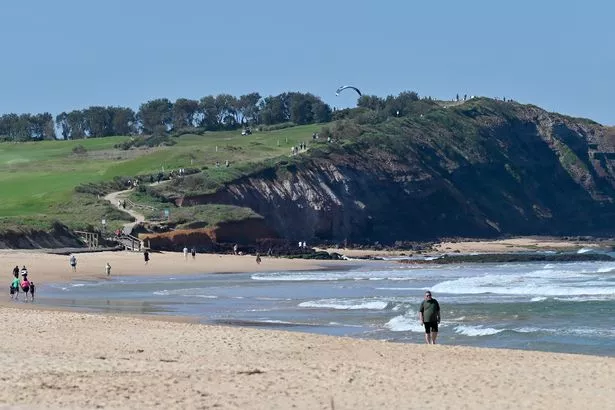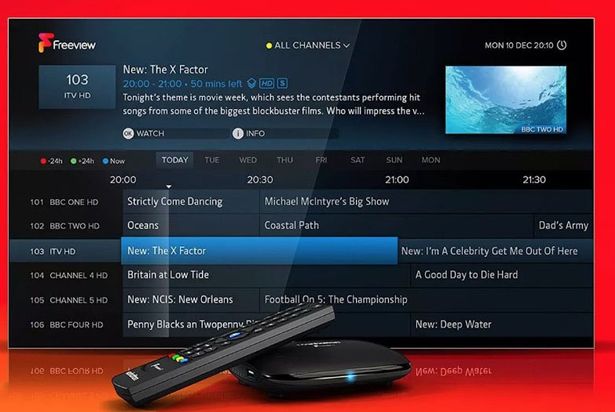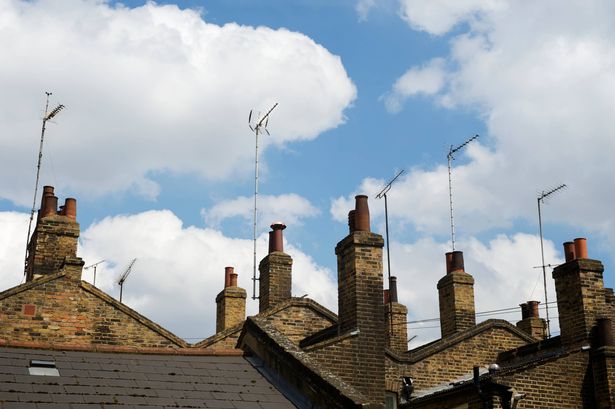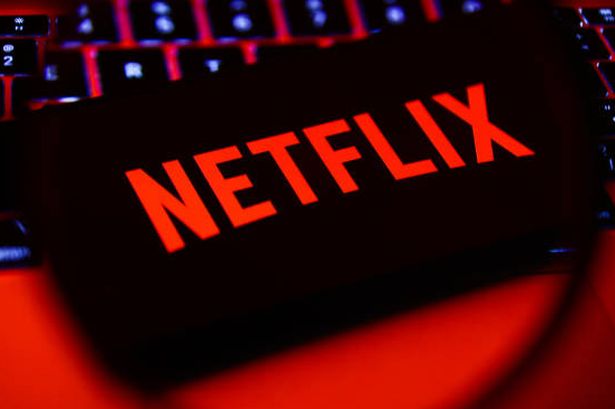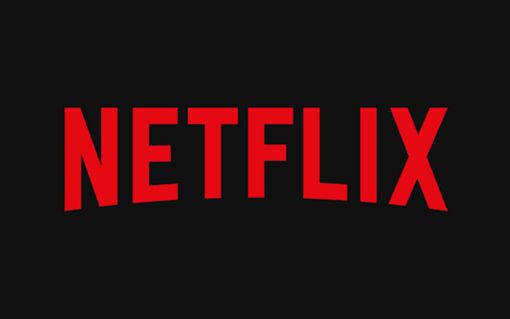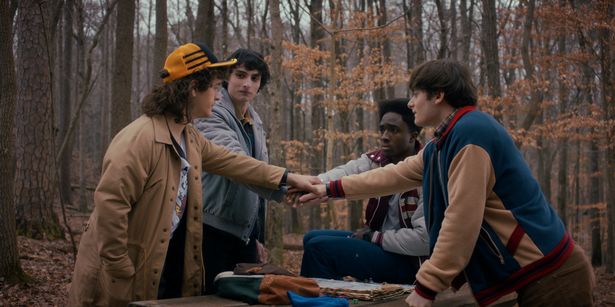New research suggests that British travellers are forgoing their beloved summer hotspots like Greece and Spain in favour of more far-flung destinations like Thailand
According to new research, some key non-European destinations have enticed Brits away from their typical hotspots this summer.
While Italy, Spain and Greece continue to deal with the repercussions of over-tourism, British travellers are casting their holiday sight further abroad. Virgin Media O2 data suggests that visitors to Spain have dropped by about 9% year-on-year, with anti-tourism protests potentially giving British holidaymakers pause.
Visits to Greece and Portugal are also down by 7% and 5% respectively, the data suggests. Destinations like Thailand, Canada and the US are on British travel radars this year.
READ MORE: I take my family of four on holidays abroad for less than the cost of a UK staycationREAD MORE: ‘Thailand of Europe’ with turquoise water is slice of paradise just a few hours away
Visits to France were even eclipsed by those of the US this summer, which brought in 17% of British travellers compared to France’s 14%. Canada now accounts for 9% of trips from the UK and the United Arab Emirates has enjoyed 8% of the British tourist allocation.
Thailand and Australia both earned 5% of visitors, which may have to do with The White Lotus effect. In fact, the TV series drove so much tourism to Thailand that it threatened to bury one of the paradise islands.
The exceptionally hot weather in the UK this summer could have also influenced why Brits didn’t feel the need to storm their sunny EU holiday destinations.
When it comes to last-minute getaways however, the data shows that convenience is still a top priority for British holidaymakers. Resorts that are a short-haul flight away still saw the biggest influx of travellers. Almost 38% of Brits will take late breaks to Spain while Greece will see 25% and Italy 23%.
Christian Hindennach, chief commercial officer at Virgin Media O2 said of the latest research: “As Brits explore new holiday spots beyond Europe, we’re proud to keep them connected wherever they may roam.
He continues: “From last-minute trips to far-flung adventures, we’re committed to keeping our customers connected without the worry of hidden fees, so they can focus on enjoying their time away.”
That said, months of active overtourism demonstrations across Spain in particular has been bad news for tourism revenue in some parts of the country.
A once busy Spanish city is now “dead” as Brits have reportedly abandoned the destination for other holiday spots.. Footage has surfaced online showing the area’s completely deserted streets.
Laura, who goes by lauratravelvlogs on TikTok, has been chronicling some stark changes in Barcelona this year, having resided there herself for over two years. She noted a significant drop in visitor numbers and, for months, she’s been posting videos of Spain’s vacant streets, silent roads and empty beaches to illustrate the drastic shift in the country’s tourism landscape.
In a recent video featuring eerily quiet roads, Laura questioned: “Sorry, no one can argue that these roads leading up to the beach were not packed in 2023?”

